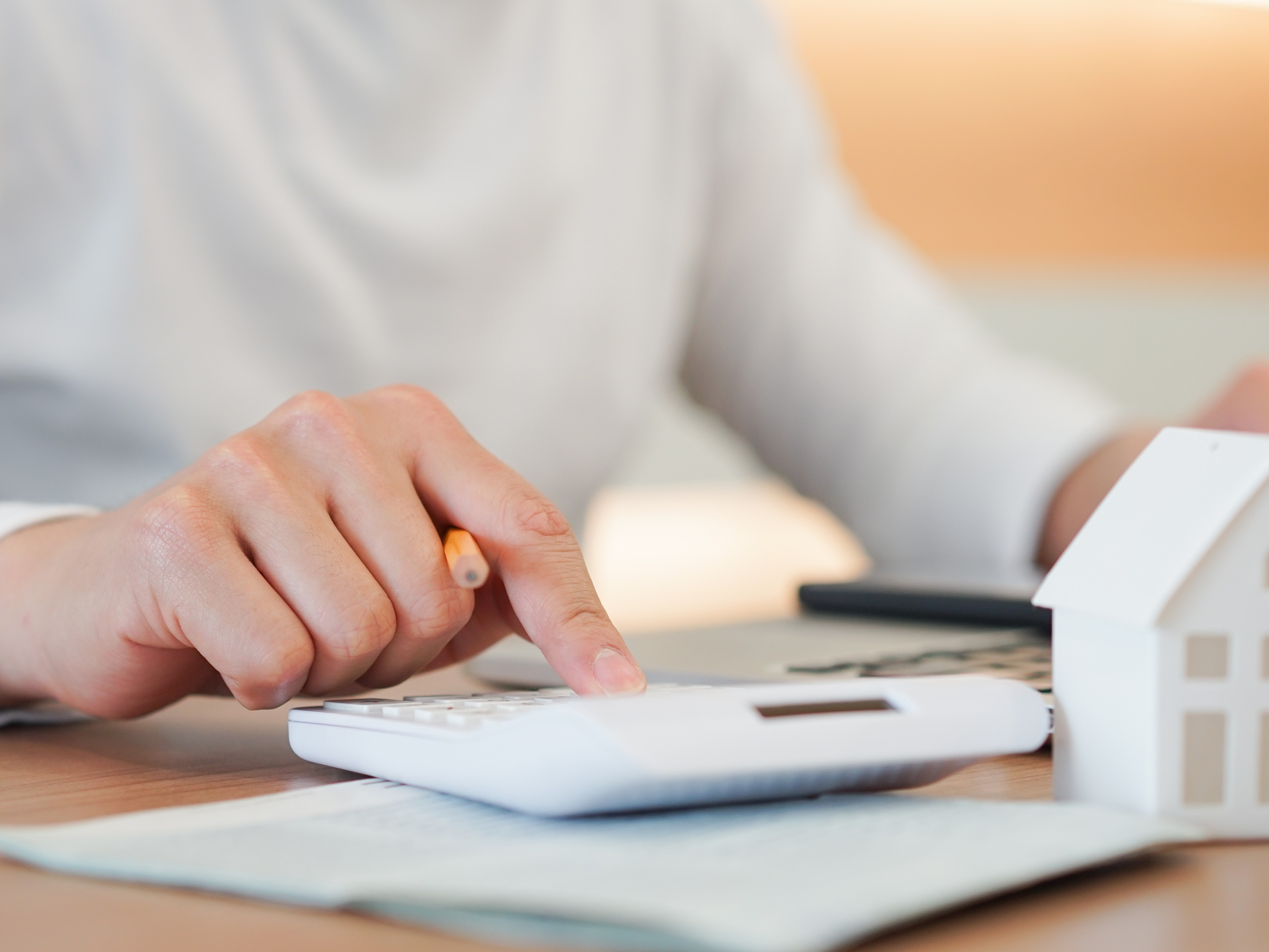22 Aug 2022
SOURCE: CPF Board
Buying your home is one of the most important decisions you can make in your life. Go on a house tour with property agent Tina and learn some valuable tips from the homeowner Steven from this House Tour Gone Wrong video – learn from his regrets and what you can do differently.
Before you commit to your home purchase, here’s a recap of Steven’s “enlightening” tips:
1. Work out your finances
Plan your housing budget even before starting your search. It’s important to find a home that you can afford by planning your budget based on your current income as well as cashflow needs.
This includes working out your monthly home mortgage repayment, and other housing expenses such as property tax and renovation expenses. Speaking of mortgage...
2. Keep housing loan repayment below 25% of your monthly gross income
A good housing ratio to follow is to make sure that your monthly home loan instalment does not exceed 25% of your gross monthly income. This gives you some breathing room for your current expenses and other financial commitments, while allowing you to continue building your future savings.
Remember that while it might be tempting to splurge on your dream home (including renovations, housing appliances and gadgets etc), the choices that you make now will have an impact on your future savings. So, it’s vital that you find the right balance!
3. Borrow prudently
Should you choose an HDB loan or bank loan? Make sure that you consider the various factors like fixed or floating interest rates, subsidies you may be eligible for etc.
Here are 4 key differences between an HDB loan and bank loan:
|
HDB Loan |
Bank Loan |
Maximum loan |
Up to 85% |
Up to 75% |
Interest rates |
2.6% - Pegged at 0.1% above OA interest rate |
Generally lower but may fluctuate with market conditions |
Use of CPF savings |
- May retain up to $20,000 in CPF Ordinary Account (OA)
|
May use or retain any amount in CPF OA (usage depends on applicable limits) |
Lock-in period |
No, there will be no penalty if you wish to pay off your loans early |
Yes, typically two or three years. You will incur a penalty if you wish to pay off your loans early or refinance your loan with another bank |
Find out the latest changes to bank loans: What is SOR, SIBOR and SORA? Find out more here
4. Use your CPF OA savings wisely
The primary purpose of your CPF savings is to meet your retirement needs. If you use too much of your OA savings for your home, you will have less for your retirement nest egg.
It is more prudent to use a mix of cash and OA savings, especially if it’s not too much of a strain on your current finances, instead of wiping out your entire OA to finance your home purchase. This gives you a safety net to continue paying your monthly instalments even when unexpected events occur.
5. Understand what happens to your CPF after you sell your home
Upon selling your house, you will need to refund the following to your OA savings:
The principal amount (P) you’ve withdrawn to pay for the property
The accrued interest (I) – this is the amount you would have earned if these savings were left in your OA.
When you sell your house, the amount refunded to your OA will restore your savings and can also be used for your next property. The refunded monies will remain in your CPF account, to fund your next home or your future retirement needs.
Buy a home that you can afford and choose the right home financing strategy, so that your retirement is also taken care of. Follow this guide to plan your home finances.
Information in this article is accurate as at the date of publication.

